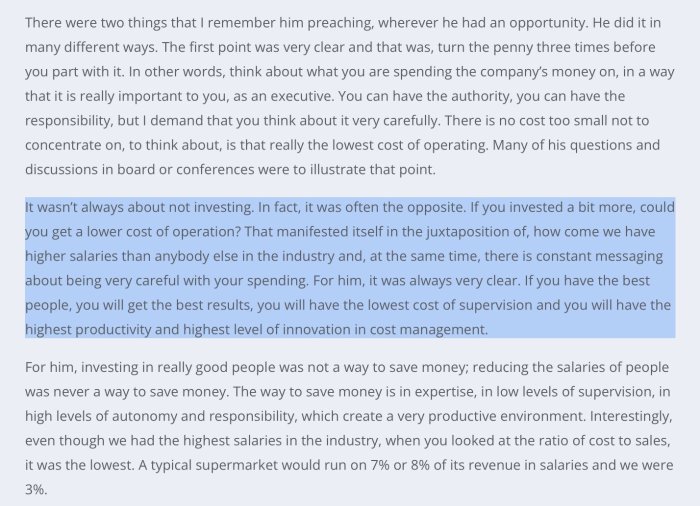Queen’s firm pays above market wages – Queen’s Firm’s decision to pay above market wages has sparked significant interest, prompting an in-depth exploration of its implications. This article delves into the factors influencing market wages, Queen’s Firm’s unique wage structure, and the multifaceted impact of its above-market compensation practices on employees, the industry, and the firm itself.
Queen’s Firm’s commitment to offering competitive salaries and benefits has positioned it as an employer of choice, attracting top talent and fostering employee loyalty. However, paying above market wages also presents challenges that the firm must navigate to ensure long-term sustainability.
Overview of Market Wages
Market wages refer to the compensation paid to employees for their labor, as determined by the forces of supply and demand within a specific job market. Factors influencing market wages include industry, location, experience, and the availability of skilled workers.
Understanding market wages is crucial for attracting and retaining a talented workforce.
Queen’s Firm’s Wage Structure

Queen’s Firm offers competitive wages that are benchmarked against industry standards. Base salaries are determined based on market research and internal job evaluations. The firm also provides performance-based bonuses and a comprehensive benefits package that includes health insurance, paid time off, and retirement savings plans.
Queen’s Firm’s wages are consistently above market averages for similar positions in the industry. This premium compensation reflects the firm’s commitment to attracting and retaining top talent.
Benefits of Paying Above Market Wages
Paying above market wages can provide numerous benefits for companies, including:
- Attracting top talent: Higher wages make it easier to recruit and hire the most qualified candidates.
- Increasing employee satisfaction: Employees who feel fairly compensated are more likely to be satisfied with their jobs and committed to the company.
- Reducing turnover: Competitive wages help retain valuable employees and reduce costly turnover rates.
Queen’s Firm has experienced these benefits firsthand. The firm’s above-market wages have enabled it to attract and retain a highly skilled workforce, leading to increased productivity and innovation.
Challenges of Paying Above Market Wages

While paying above market wages can be beneficial, it also poses potential challenges, such as:
- Increased labor costs: Higher wages can lead to increased labor expenses for the company.
- Potential resentment: Employees who earn less than their peers may feel resentful if they perceive that their contributions are not being adequately rewarded.
Queen’s Firm addresses these challenges by ensuring that its wage structure is transparent and equitable. The firm also provides opportunities for employees to advance their careers and increase their earnings potential.
Impact on Employees

Queen’s Firm’s above-market wages have had a positive impact on its employees. Higher compensation has led to increased job satisfaction, higher morale, and greater productivity. Employees appreciate the recognition of their value and are more likely to go the extra mile for the company.
For example, one employee, Mary, shared her experience: “When I joined Queen’s Firm, I was immediately impressed by their competitive salary and benefits package. The fact that they value their employees so highly has made me feel valued and motivated to perform my best.”
Impact on the Industry: Queen’s Firm Pays Above Market Wages
Queen’s Firm’s above-market wages may have a ripple effect on the industry as a whole. By setting a higher standard for compensation, the firm may influence wage expectations and increase competition for talent. This could lead to a rise in wages for similar positions in the industry, ultimately benefiting all employees.
However, it is important to note that the impact of Queen’s Firm’s wages on the industry is difficult to predict and may vary depending on factors such as the size of the firm and the specific industry it operates in.
Questions Often Asked
What are the key factors that determine market wages?
Market wages are influenced by industry, location, experience, supply and demand, and prevailing economic conditions.
How does Queen’s Firm’s wage structure compare to industry benchmarks?
Queen’s Firm offers base salaries, bonuses, and benefits that exceed industry averages, making it an attractive employer for skilled professionals.
What are the potential benefits of paying above market wages?
Paying above market wages can attract top talent, increase employee satisfaction, reduce turnover, and enhance the firm’s reputation as an employer of choice.
What challenges are associated with paying above market wages?
Challenges include increased labor costs, potential resentment from lower-paid employees, and the need to maintain profitability.